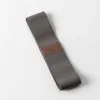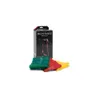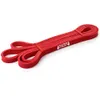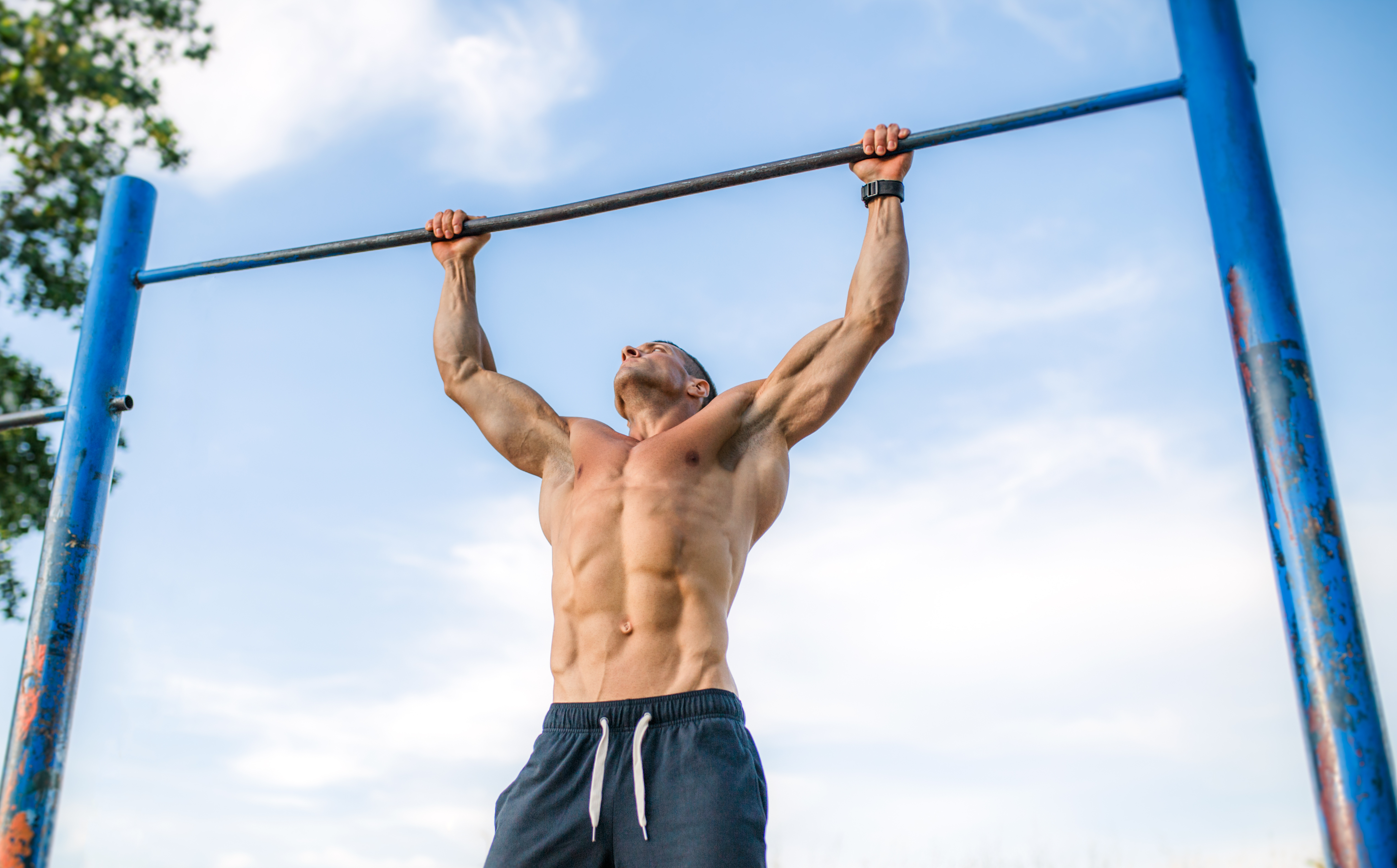
Strengthen your shoulders and prepare for pull-ups using the scapula pull-up exercise during warm-up routines.
This bodyweight move is commonly used as a preparatory mobilizing exercise before upper body workouts, and in particular, any exercises that use a pull-up bar — think muscle-ups, dead hangs, overhead presses, pull-ups and kipping.
Scap pull-ups mimic the beginning of the pull-up movement pattern, so it makes sense that using them will help prepare your shoulders properly for workouts. Below, I cover how to do scapula pull-ups properly, the benefits and why this exercise is a great addition to your routine.
What is a scapula pull-up?
Scap pull-ups are one of the best full-body strength exercises for beginners and advanced lifters — everyone benefits. The move is mostly used as a warm-up exercise for bar and shoulder-based workouts rather than a standalone exercise and helps prepare your shoulder joints for movement and load.
Done with proper technique, this exercise will warm up your arms, shoulders and upper body and activate the stabilizing muscles that support you during workouts.
What do scapula pull-ups work?
Scap pull-ups primarily build upper back strength, improve shoulder mobility and help develop the mind-muscle connection as you consciously learn the movement pattern of your shoulder blades.
The move helps activate the latissimus dorsi, rotator cuff, rhomboids and trapezius muscles and improves the range of motion of the shoulders. Over time, this simple but effective bodyweight exercise could increase pull-up strength and efficiency.
Get instant access to breaking news, the hottest reviews, great deals and helpful tips.
How to do scapula pull-ups
I recommend practicing without the bar first. Stand with your arms extended overhead and focus on drawing your shoulders upward. Pause, then pull your shoulder blades downward and together in a reverse shrug position.
Repeat this shrugging motion a few times and notice how your shoulders move throughout both phases.
- Hang from the bar in a dead hang position using an overhead grip slightly wider than shoulder-width apart and fully wrapping your thumbs
- Allow your body to hang and keep your back relaxed
- Shrug your shoulders toward your ears, elevating the shoulder blades
- Pause
- Keep your arms locked out, then pull your shoulders down and draw the shoulder blades together (depression) while slightly pushing your hands into the bar
- Repeat for 2-3 sets of 10 reps.
If you’re not ready to hang from a bar, you could support your feet on plates or a box to help take some of the load away from your body or practice the movement using one of the best resistance bands anchored overhead instead. Using a band, you can simply practice the pulling technique without hanging your body weight from a bar.
Whichever option you choose, try to feel the stretch down your lats and through the mid traps.
Benefits of the scapula pull-up for your upper body
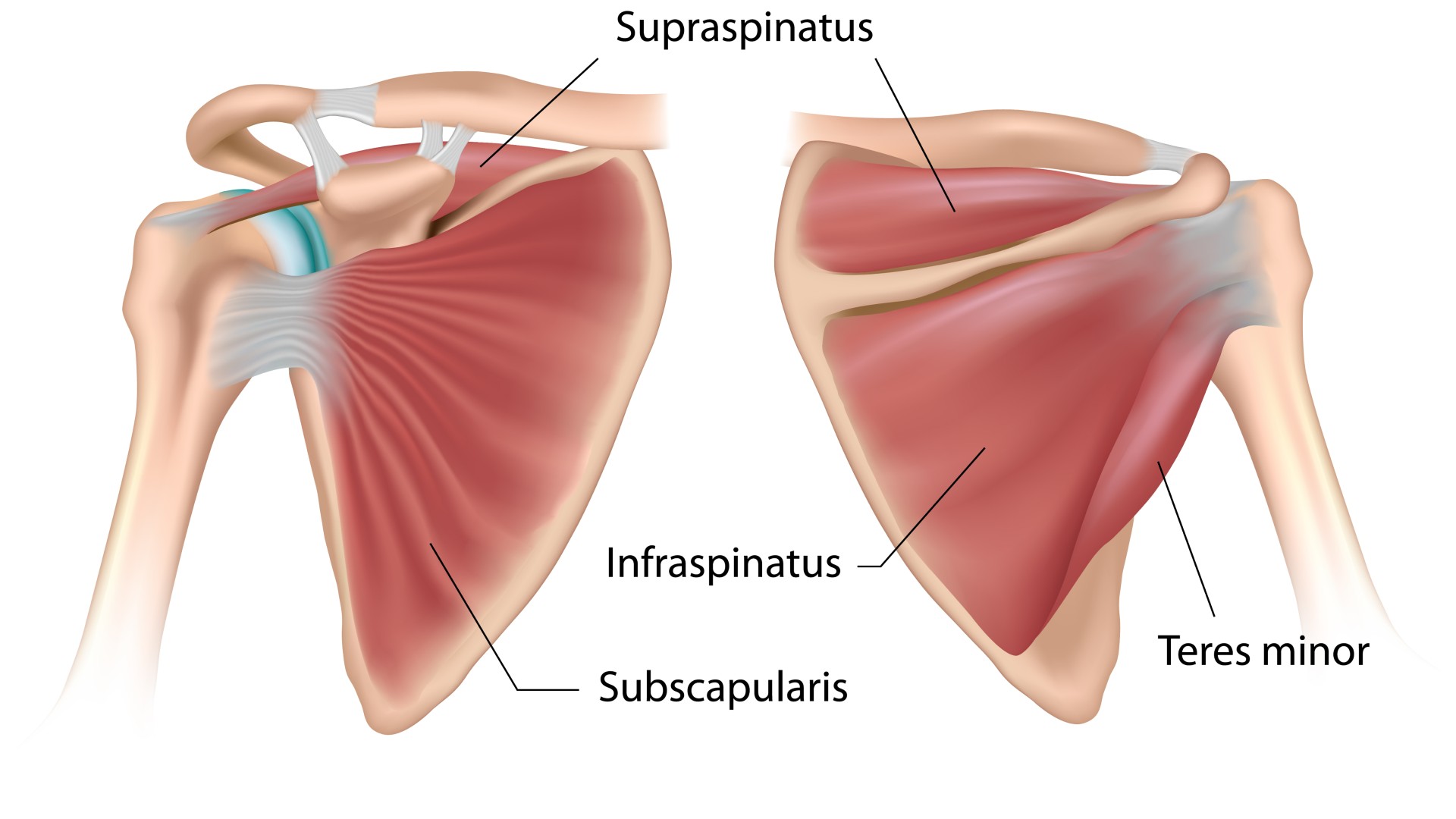
Many of us spend a lot of time at desks, sitting, or hunching. While you might not be switching up your job any time soon, you can switch up your posture. Scap pull-ups can help you develop healthier, stronger shoulders, boost stability and posture and reduce the likelihood of injuries.
Move through both phases of the exercise with full awareness and control over your muscles as you elevate and depress. I find conscious contraction or squeezing of the working muscles a great way to develop mind-muscle awareness.
Your shoulder joint has the freest range of motion, so while there’s plenty you can do with these joints, there’s also plenty that can go wrong. The rotator cuff muscles are a group of four muscles that surround the scapulae.
Alongside other muscle groups like the rhomboids (responsible for retracting, elevating and rotating the scapulae) and serratus anterior (responsible for flattening your shoulder blades and pulling them in), your shoulders get plenty of backup.
Along with scapula push-ups, scap pull-ups are a great way to train the muscles responsible for upper body stabilization and movement, especially if you enjoy push-pull workouts.
If you have poor shoulder control, struggle to engage your shoulders properly, or are learning bar-based movements like pull-ups for the first time, scap pull-ups are like a crash course in initiating proper movement; they should help you develop proper skill and technique.
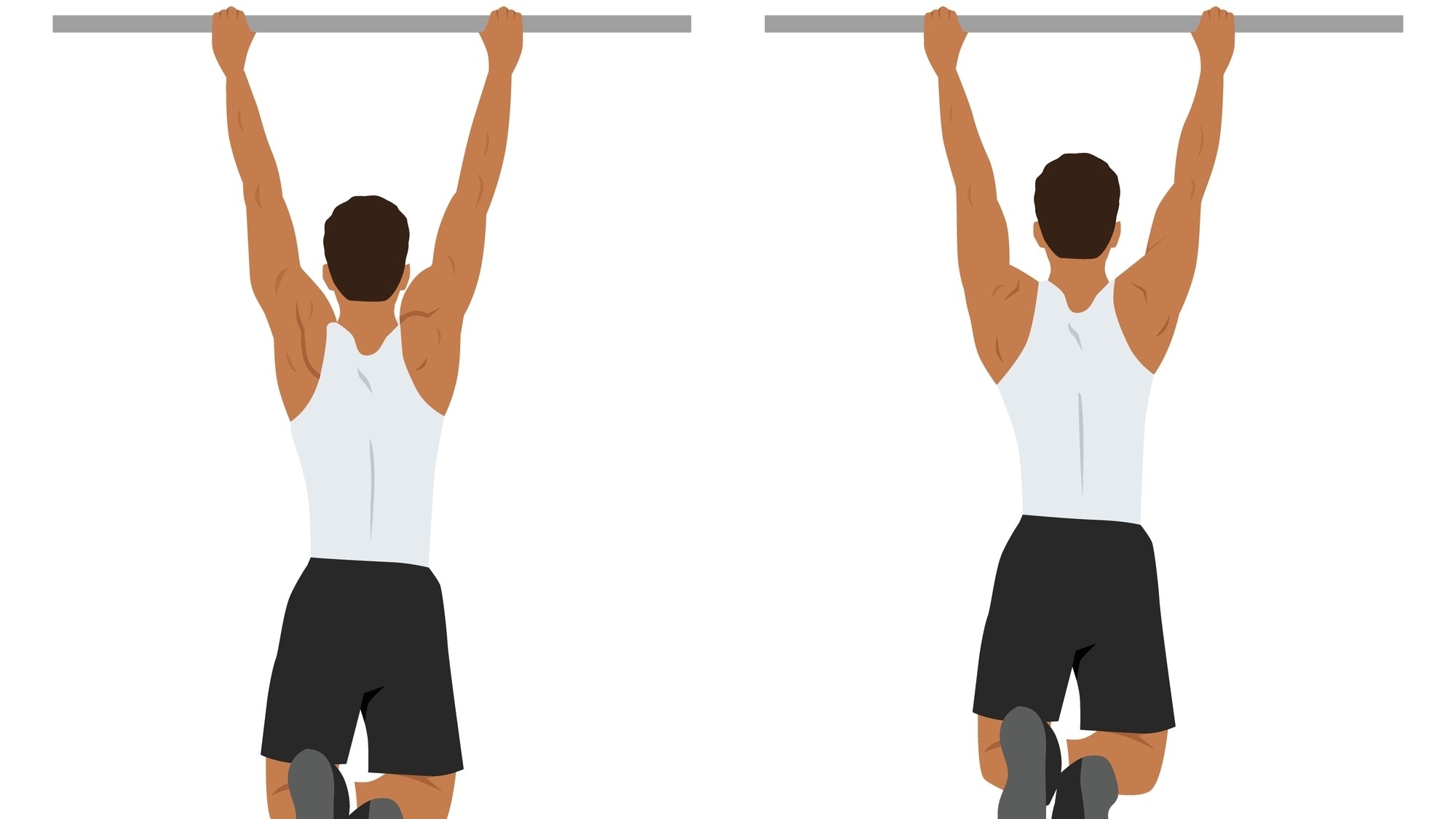
Should you retract the scapula when doing pull-ups?
Before you begin a pull-up, you need to initiate it. As you retract the scapulae, focus on the sensation of pulling your shoulders back and down before pulling. Engage your lats, then begin the slight shrug as you pull up. Without doing this, you won’t be able to properly engage your back or shoulder muscles, which could lead to injury.
If you have a shoulder-related injury, pre-existing health conditions, or injuries, or you experience pain when performing scapula pull-ups, speak with a qualified personal trainer or medical physician first before attempting them.
My verdict on scapula pull-ups
I spend a lot of time on pull-up bars practicing gymnastics-style exercises like muscle-ups and kipping, as part of my CrossFit training. Mobility exercises that initiate the first steps of a particular exercise are game changers when warming up the muscles for a workout.
Scap push-ups are my go-to when preparing for bench presses and horizontal pushing exercises, whereas scap pull-ups are my go-to for bar work, rowing and other pull-based exercises.
If you’re new to pull-ups, I’ve pulled together some handy tips below to help you get started.
More from Tom's Guide
- Australian pull-ups for beginners: How to do them
- Pull-ups vs chin-ups: Which is better for building strength?
- You've been doing pull-ups all wrong here's how to fix them

Sam Hopes is a level 3 qualified trainer, a level 2 Reiki practitioner and fitness editor at Tom's Guide. She is also currently undertaking her Yoga For Athletes training course.
Sam has written for various fitness brands and websites over the years and has experience across brands at Future, such as Live Science, Fit&Well, Coach, and T3.
Having coached at fitness studios like F45 and Virgin Active and personal trained, Sam now primarily teaches outdoor bootcamps, bodyweight, calisthenics and kettlebells.
She also coaches mobility and flexibility classes several times a week and believes that true strength comes from a holistic approach to training your body.
Sam has completed two mixed doubles Hyrox competitions in London and the Netherlands and finished her first doubles attempt in 1:11.





